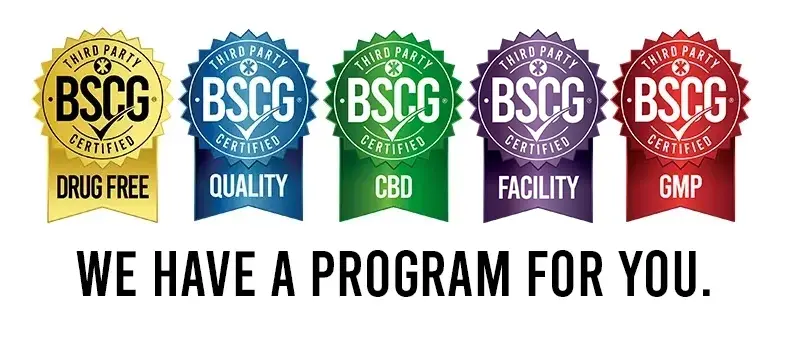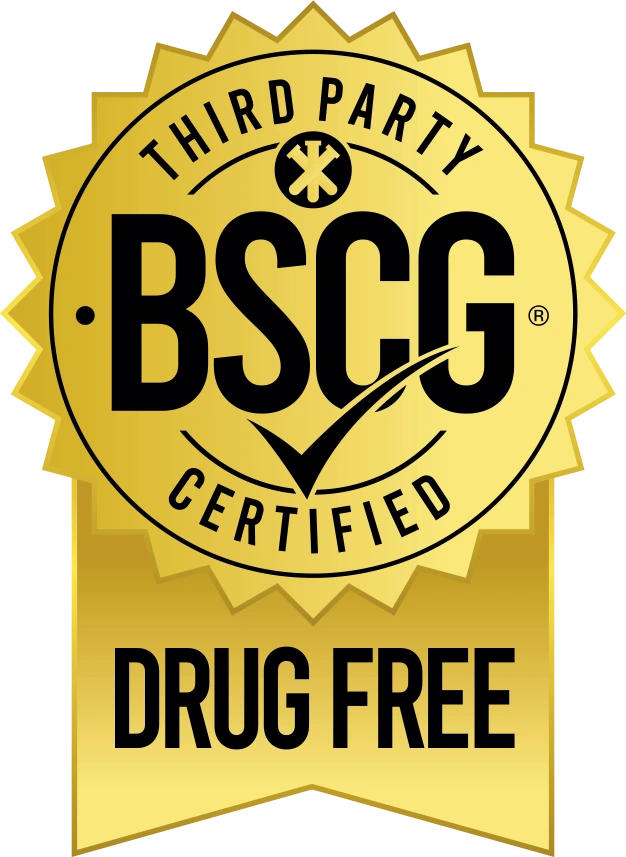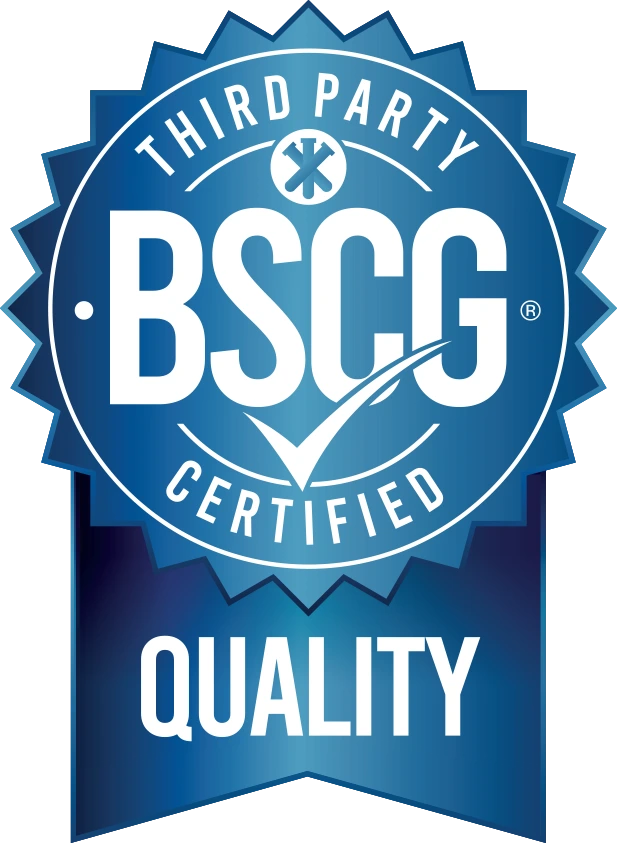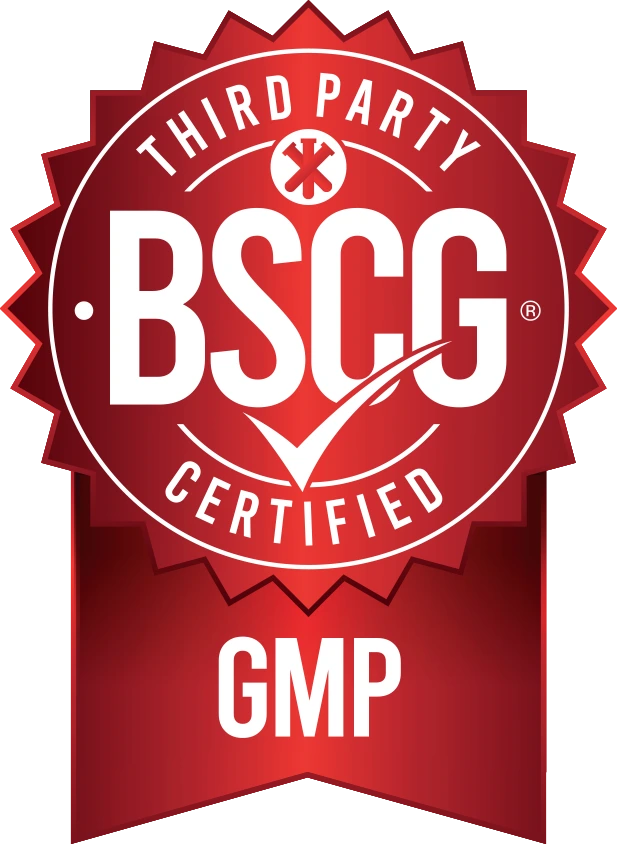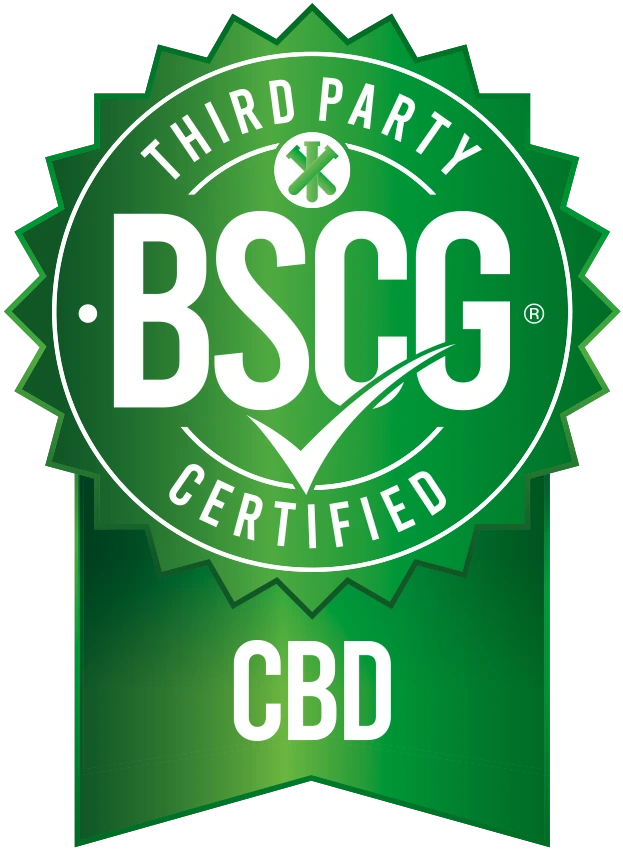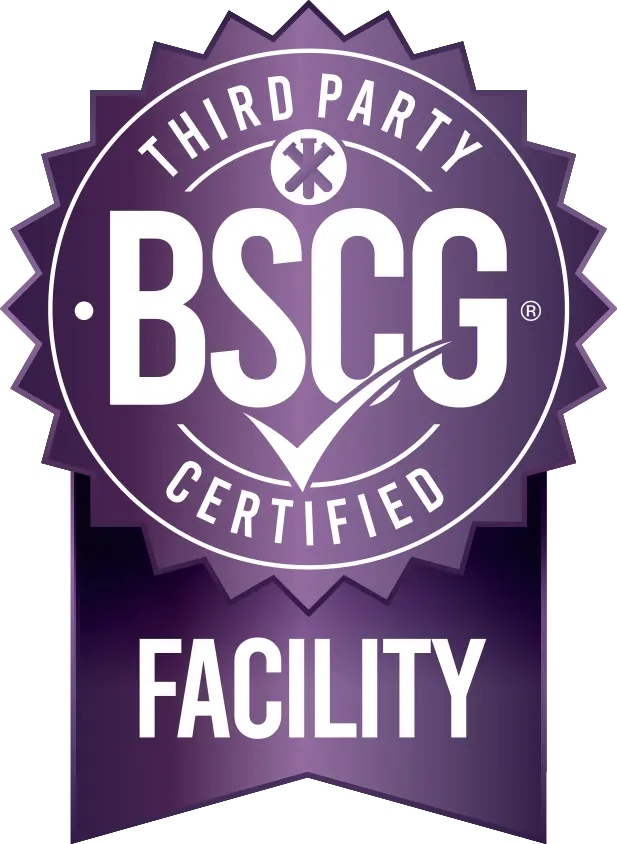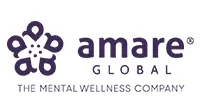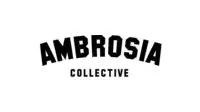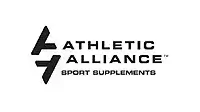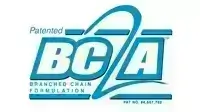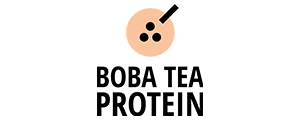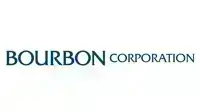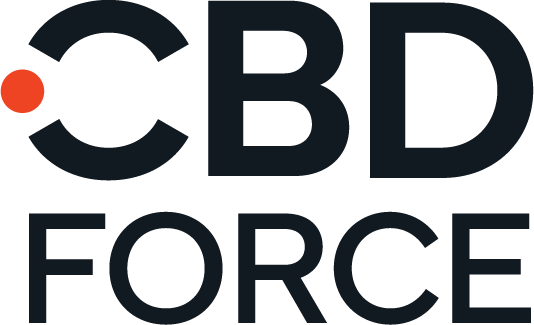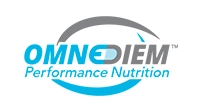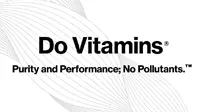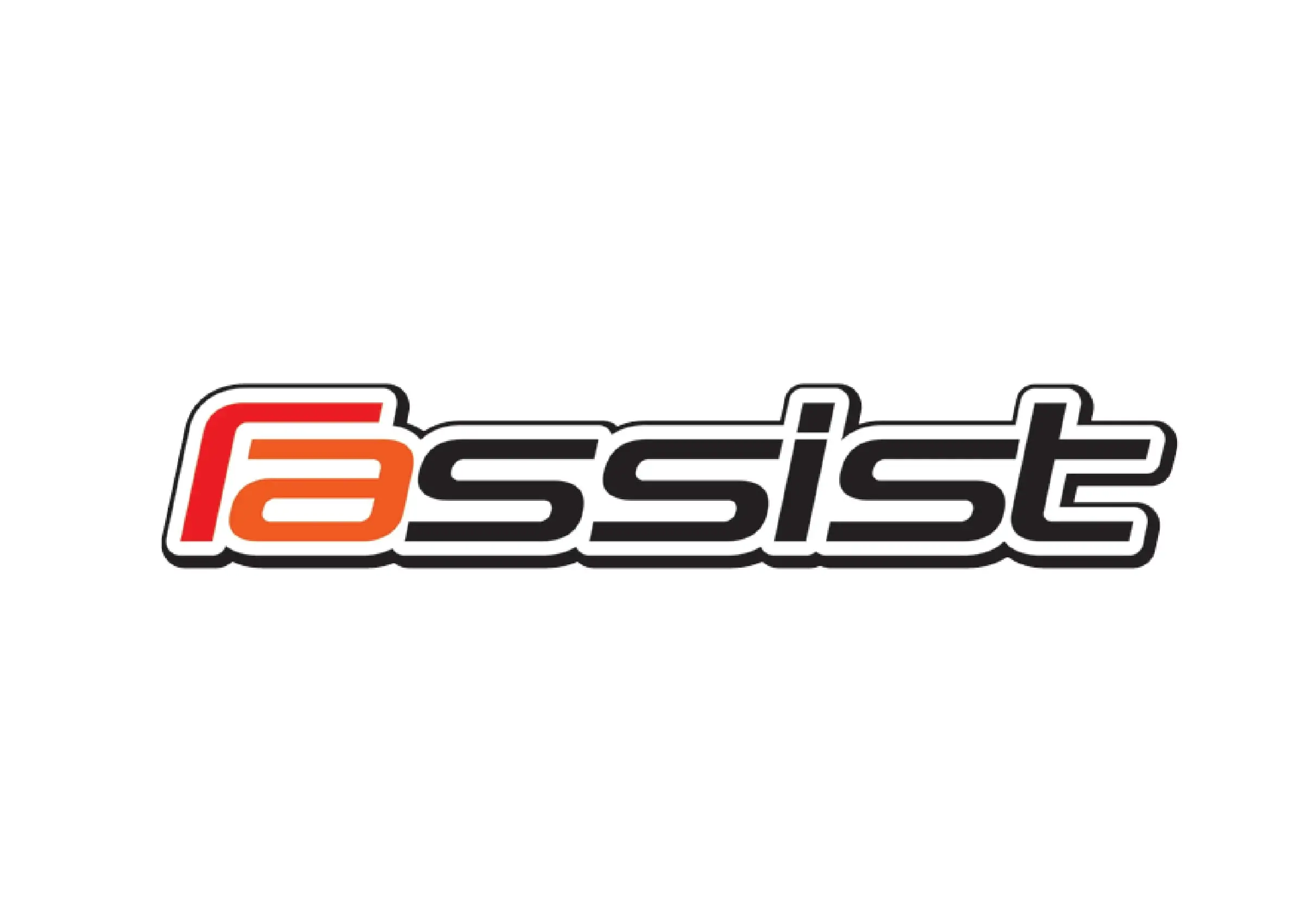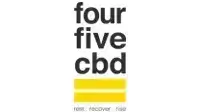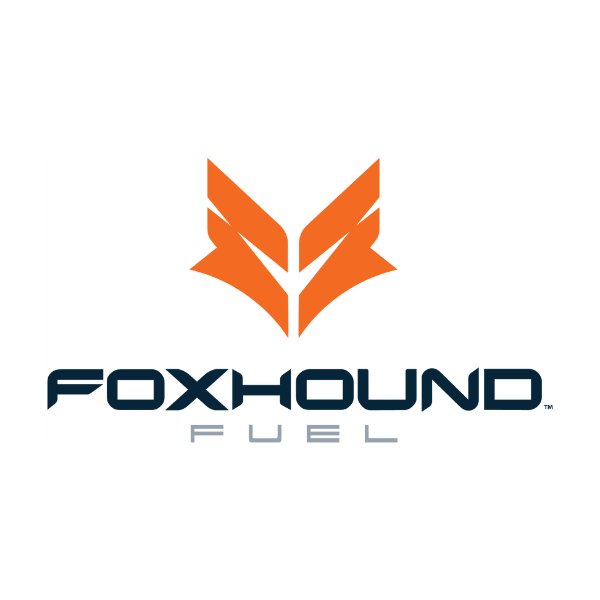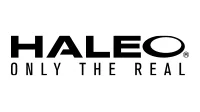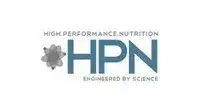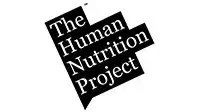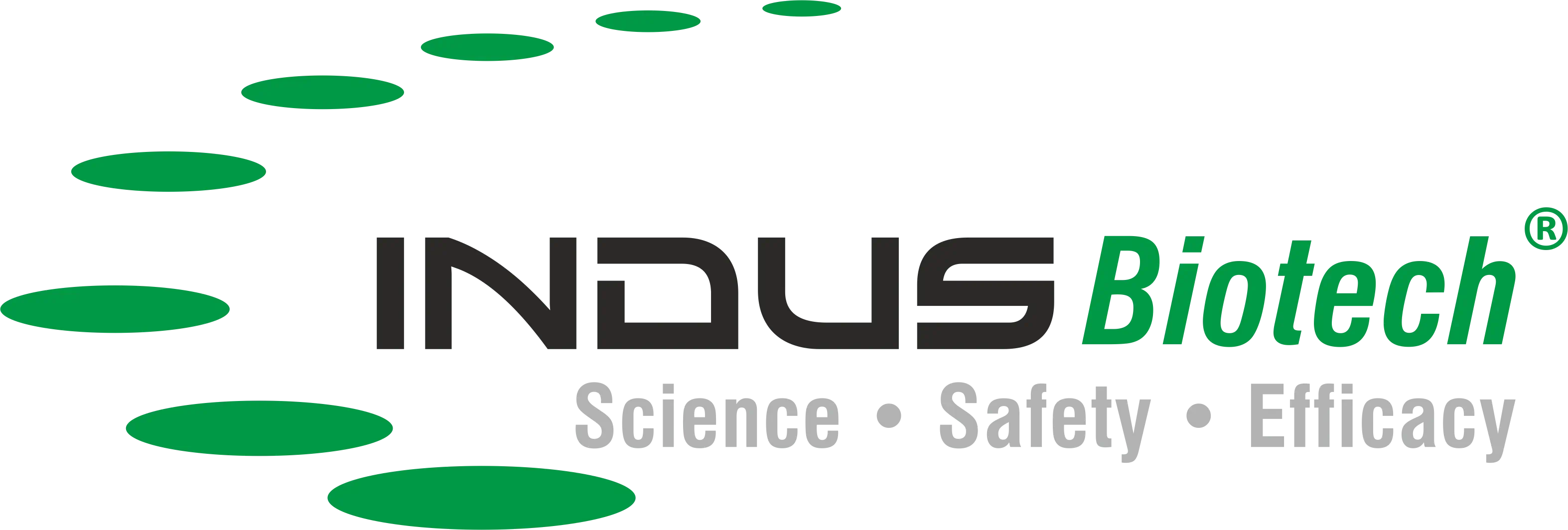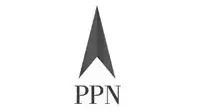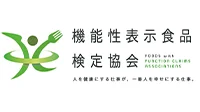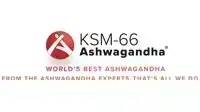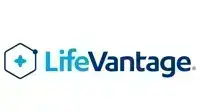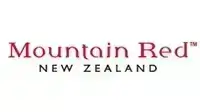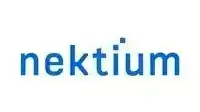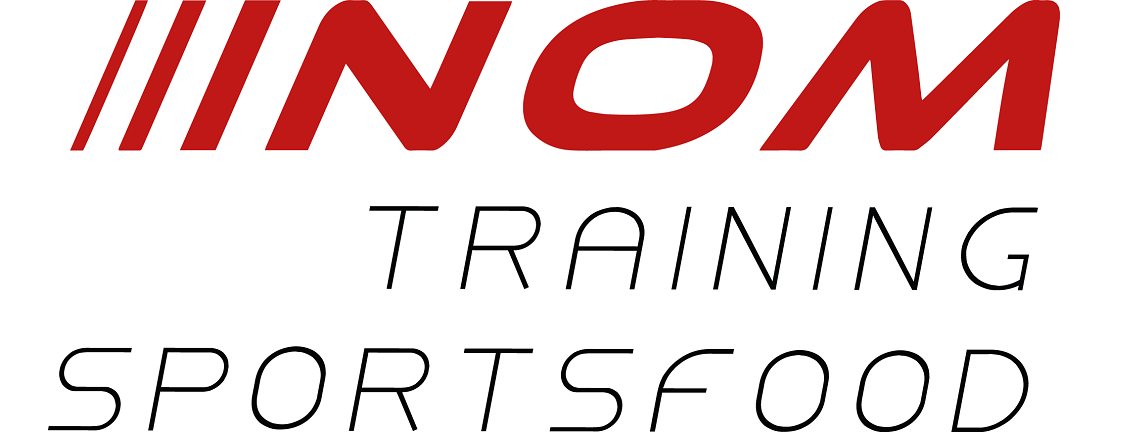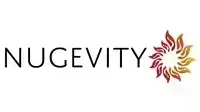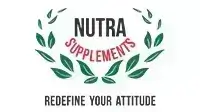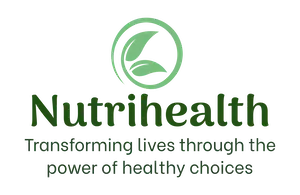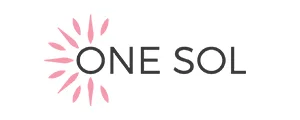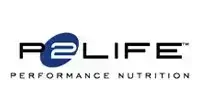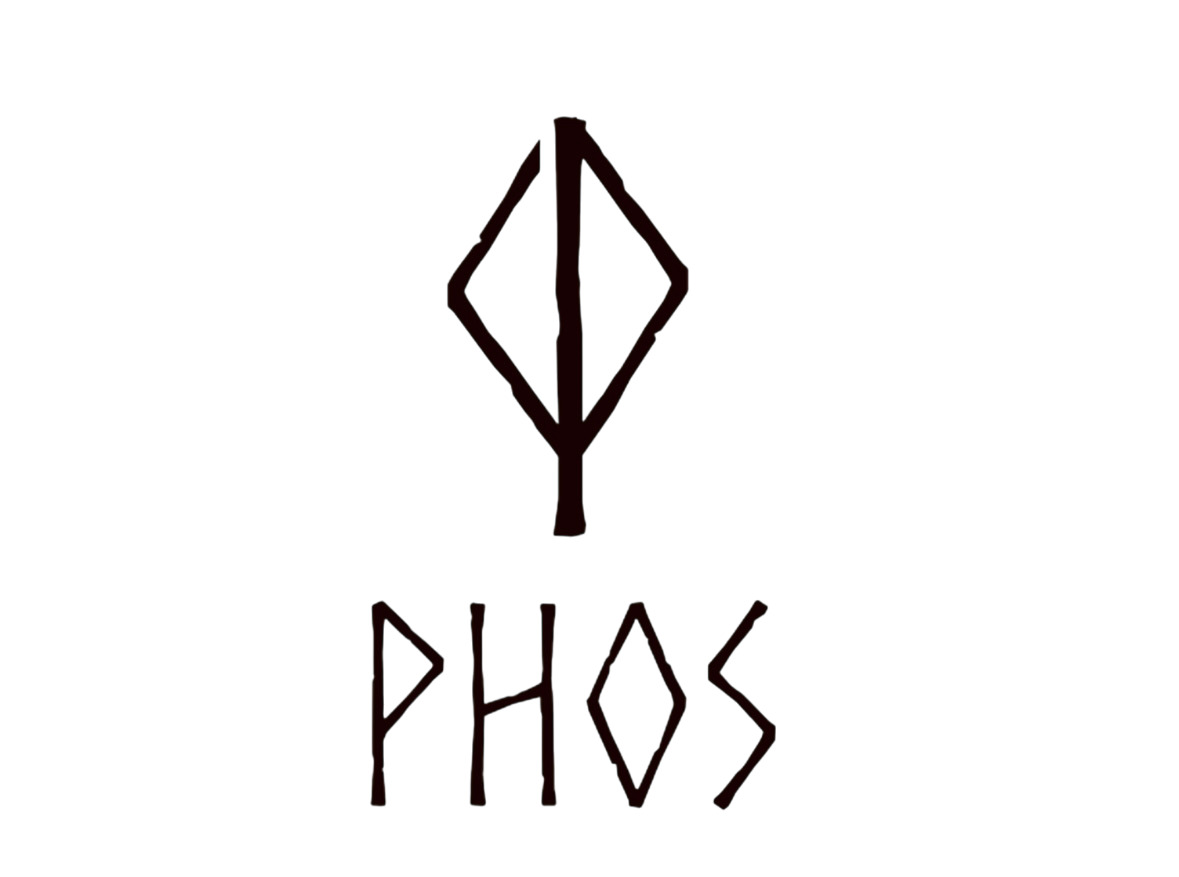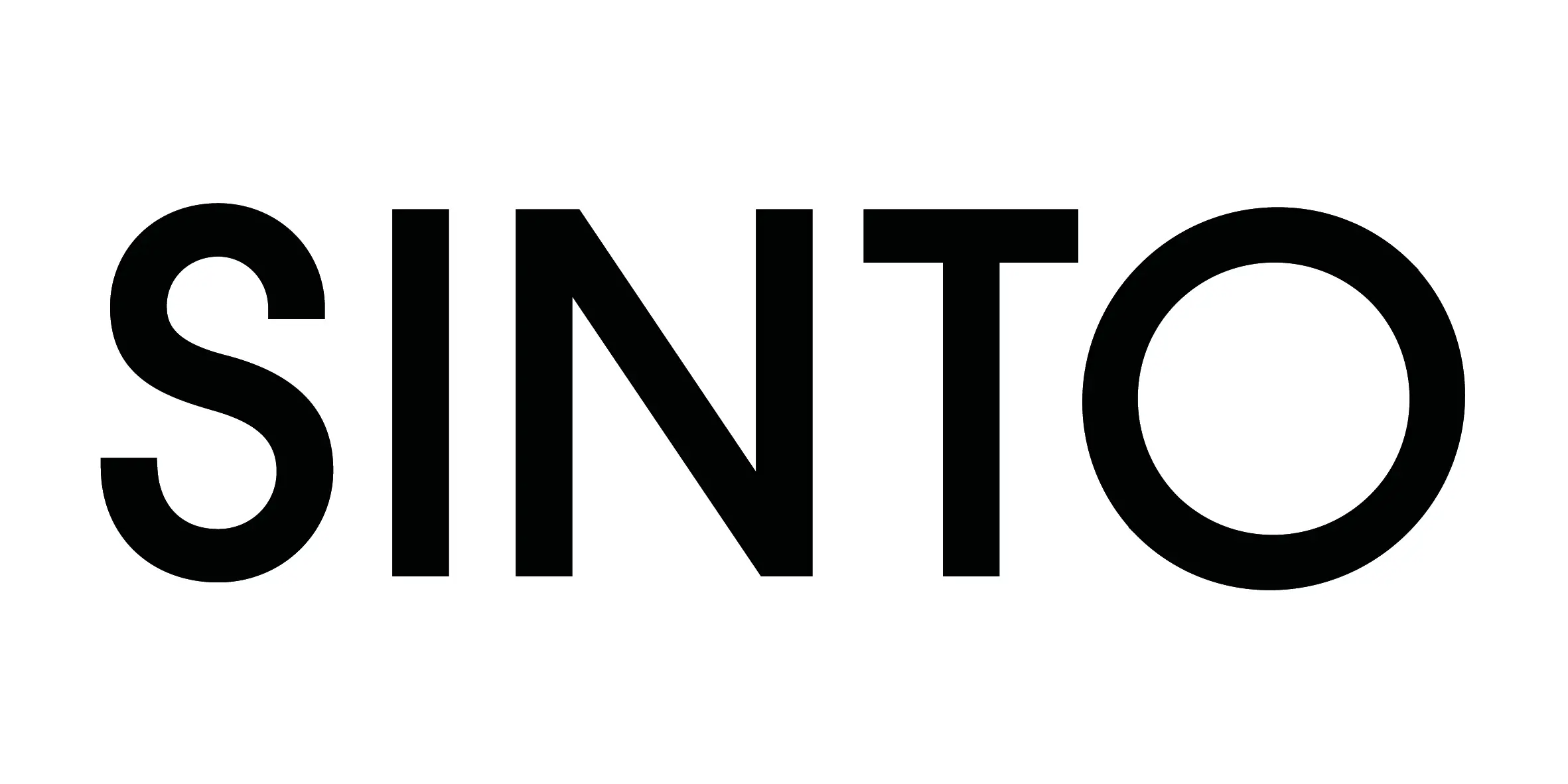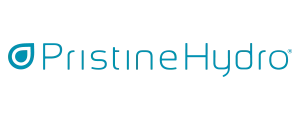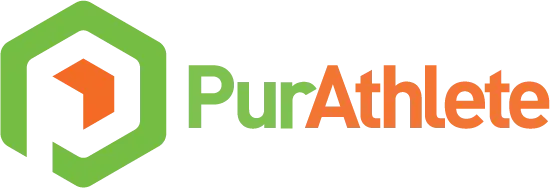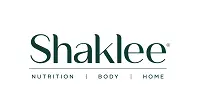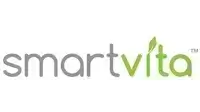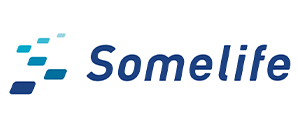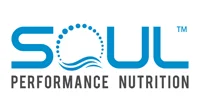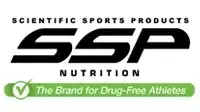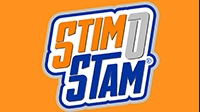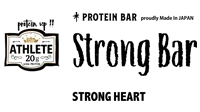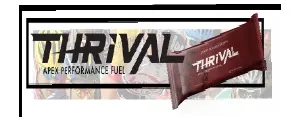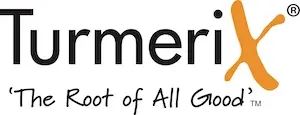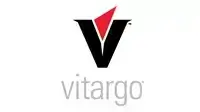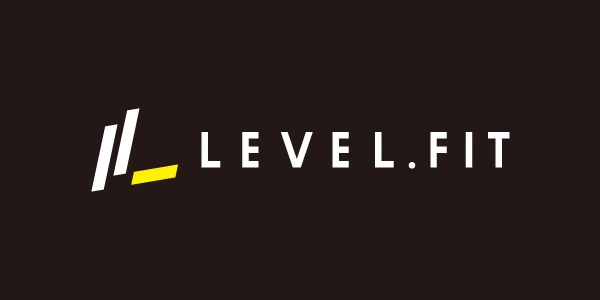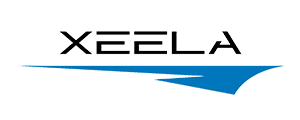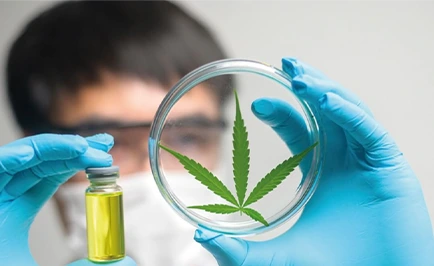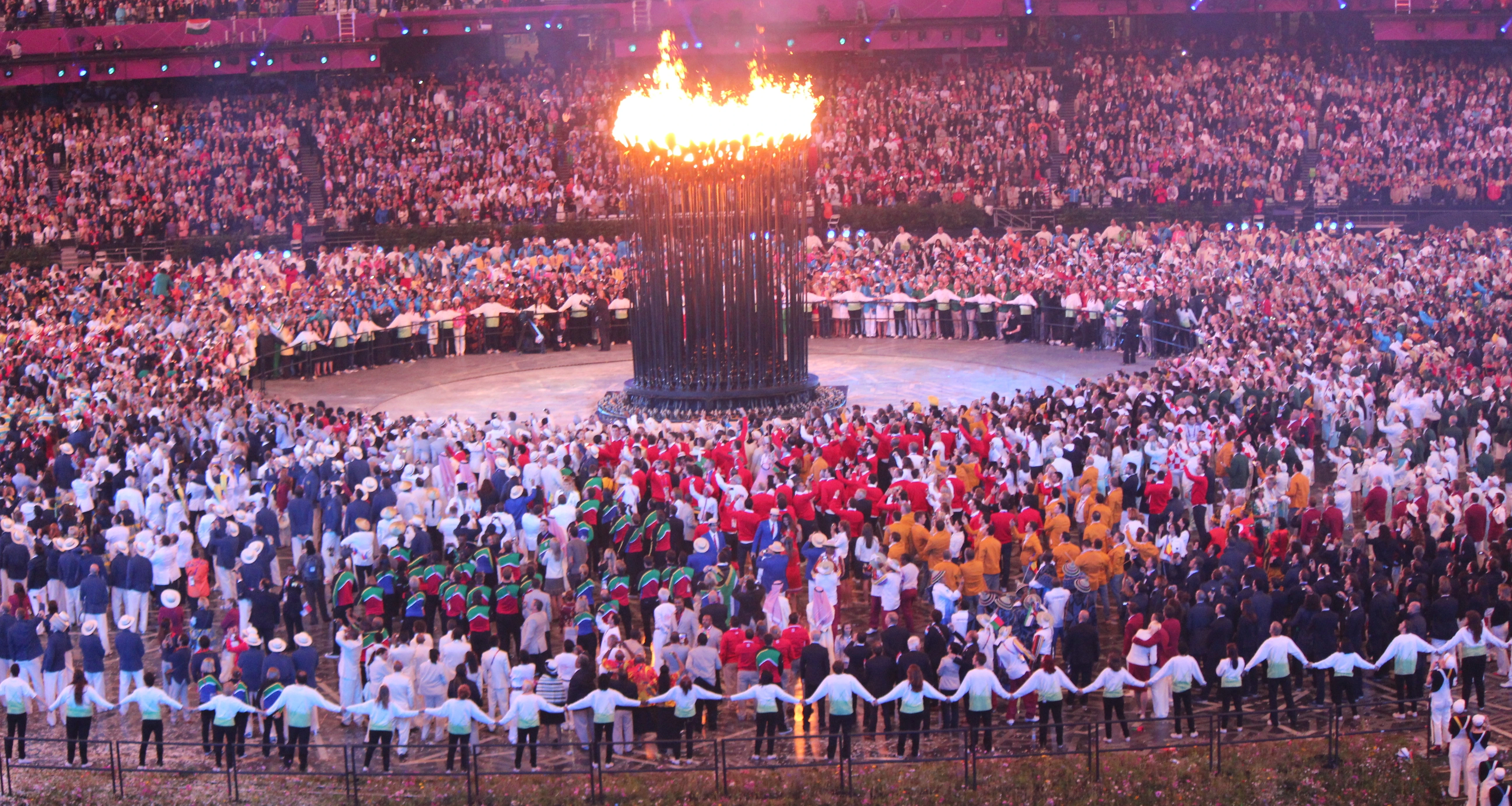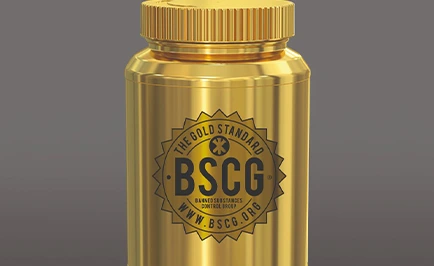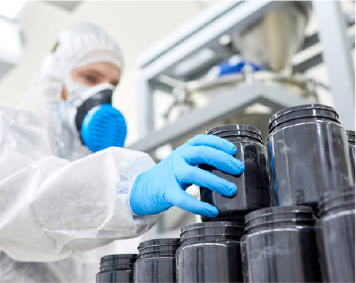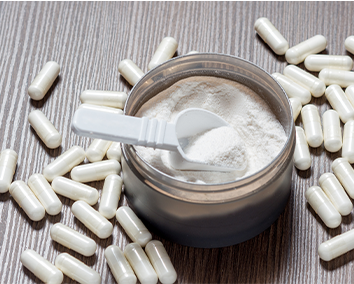As Supplement Rules Become Blurry, Certification Brings Clarity
Jun 30, 2025
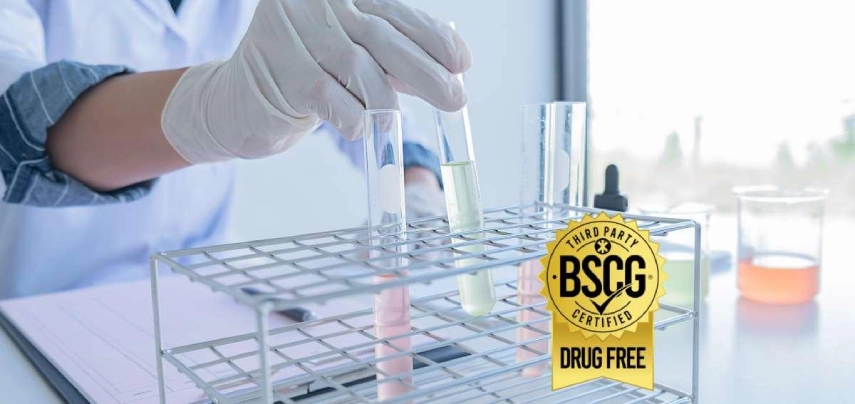
As Supplement Rules Become Blurry, Certification Brings Clarity
BSCG President Oliver Catlin dives into the grey zone of actoprotectors and nootropics, which are emerging performance enhancers that blur the line between legal supplements and banned substances, and how BSCG certification helps brands stay ahead.
Some supplements come with a wink and a nod. They don’t call themselves performance enhancing drugs, but they sure act like them. In a paper titled Drugs on the Edge of Performance written for a special edition L’actualite Chimique the Journal of the French Chemistry Society before the Paris Olympics, BSCG President Oliver Catlin investigated the rise of actoprotectors: a new class of substances that boost endurance, blunt fatigue, and shave seconds off effort, without ever touching the hormone playbook. Think about cousins of the banned drugs meldonium, bromantane, trimetazidine, or phenylpiracetam that offer similar biological effects. These compounds were developed in Soviet labs for tired hearts and minds but are now sidestepping anti-doping radar and creeping into sports and active nutrition. The problem? They sit right in the middle of the grey zone. Not quite banned but maybe not quite clean or legal. They offer performance enhancement without prohibition. That legal limbo makes them a headache for athletes and a landmine for brands and regulators. The paper dives deep into the science, the sketchy marketing, and the regulatory gaps shaping the future of performance enhancement, because if your product sits on the edge, you’d better know where the line really is.
The Hard Science Making It Easy
Supplements and compounds are constantly evolving, making it tough to keep up with what’s legal and safe. In Drugs on the Edge of Performance, published in a special edition of L’actualité Chimique, Catlin looked at a fast-growing drug category called actoprotectors along with cognitive enhancing nootropics. These substances may enhance endurance, reduce fatigue, improve recovery, or impact performance metrics and focus. They’re said to do this without functioning as traditional stimulants or hormones. Originally developed in Eastern Europe for clinical use, they’re now appearing in sports, often skipping around classification under WADA guidelines. If you’re a brand or athlete, this can make it super tricky to know what’s legal and what isn’t. Fortunately, this paper outlines their pharmacology, usage patterns, and potential for performance enhancement. At the end, there is a warning that more of these compounds may soon join the Prohibited List. What does that mean for a brand exporting internationally or making products for elite athletes? Well, it suggests relying on outdated ingredient reviews or assumptions about legality could have business-ending consequences because staying ahead of the science is no longer optional.
Mind-Enhancing Pills
Nootropics, commonly known as cognitive enhancers or brain health supplements, are designed to improve brain function, memory, focus, and overall mental performance. While their primary focus is mental enhancement, some nootropics, such as phenylpiracetam, have been found to also enhance physical performance. Initially developed in Russia to enhance the performance of cosmonauts, phenylpiracetam was the first nootropic banned by the International Olympic Committee in 1998 due to its potential for improving athletic performance. Despite this, many other nootropics, including other racetams (such as piracetam, aniracetam, or noopept) and derivatives of GABA (such as phenibut), have gained popularity in both athletic and non-athletic contexts. These substances, often sold in unregulated forms, have been marketed as dietary supplements but are sometimes labeled as "not for human consumption" to bypass regulatory oversight. Though some of these compounds may offer clinical benefits for those with cognitive or neurological disorders, their safety profiles, particularly at high doses or in combination with other substances, remain underexplored.
The Brain Body Connection
The impact of nootropics on physical performance has also been studied, with certain compounds showing promise in enhancing physical capacity and exercise performance. For example, compounds like fonturacetam (carphedon) and noopept were developed to help cosmonauts cope with extreme physical and environmental stress, improving cognitive and physical endurance. Nootropics like piracetam and phenibut have shown effects on improving blood flow and oxygenation to the brain, which may enhance mental acuity and reduce fatigue during physical exertion. The combination of cognitive enhancers with other performance-enhancing substances, such as antihypoxants, could have significant effects on both mental and physical performance. Despite their potential benefits, the use of nootropics, especially in competitive sports, remains controversial, with concerns about their safety, ethical implications, and the lack of comprehensive research on long-term effects or interactions with other drugs.
The New Wave of Performance Enhancers
Anti-ischemic and antihypoxant drugs, which improve oxygenation and protect against ischemia (lack of blood flow), have gained attention as potential performance-enhancing substances in sports. Meldonium and trimetazidine, both used in treating heart conditions, became infamous doping agents after high-profile cases like Russian skater Kamila Valieva’s positive drug test for trimetazidine that brought the 2022 Winter Olympics to a halt. These drugs have been banned by the World Anti-Doping Agency (WADA). Still, other similar substances, such as Mexidol and Cytoflavin, which offer similar benefits in terms of reducing hypoxia and enhancing physical performance, are not yet prohibited. Mexidol, for instance, has been shown to improve strength and reduce fatigue in athletes, while Cytoflavin has demonstrated potential benefits for memory, attention, and aerobic performance. Russia famously boasted that they already had alternatives that work better than Meldonium, Catlin believes these drugs are still staring us in the face today. As we are less than a year away from the Winter Olympics in Milan, Italy these thoughts should be close to our minds.
The Growing Risks
These substances, often developed in Eastern Europe and sometimes sold as unregulated dietary supplements in the West, blur the line between legal ergogenic aids and banned performance enhancers. While they may offer cognitive or physical enhancements, such as improved oxygenation, memory, or endurance, their safety and effectiveness, particularly at higher doses or in combination with other substances, have not been thoroughly studied. As such, they remain controversial in competitive sports and health, prompting concerns about their use by athletes and the general public seeking cognitive or physical benefits. Despite being legal in some regions, these drugs are viewed as teetering on the edge of performance enhancement, warranting closer scrutiny from both regulatory bodies and public health perspectives.
The Solution
In an ever-evolving landscape full of grey zones, third-party certification programs help draw a definitive line between what dietary supplements are compliant and what’s not. The BSCG Certified Drug Free program tests every lot for 500+ banned substances along with conducting a complete compliance and quality control process review, giving brands ironclad anti-doping assurance and athletes and consumers the confidence to use the products knowing they have been thoroughly reviewed and tested. Certified Quality adds annual testing for ingredient identity, label accuracy, heavy metals, pesticides, and microbiological agents. When the edge of performance enhancement is this sharp, brands need science that sees around corners. BSCG does more than respond to the research. It helps write the playbook.
